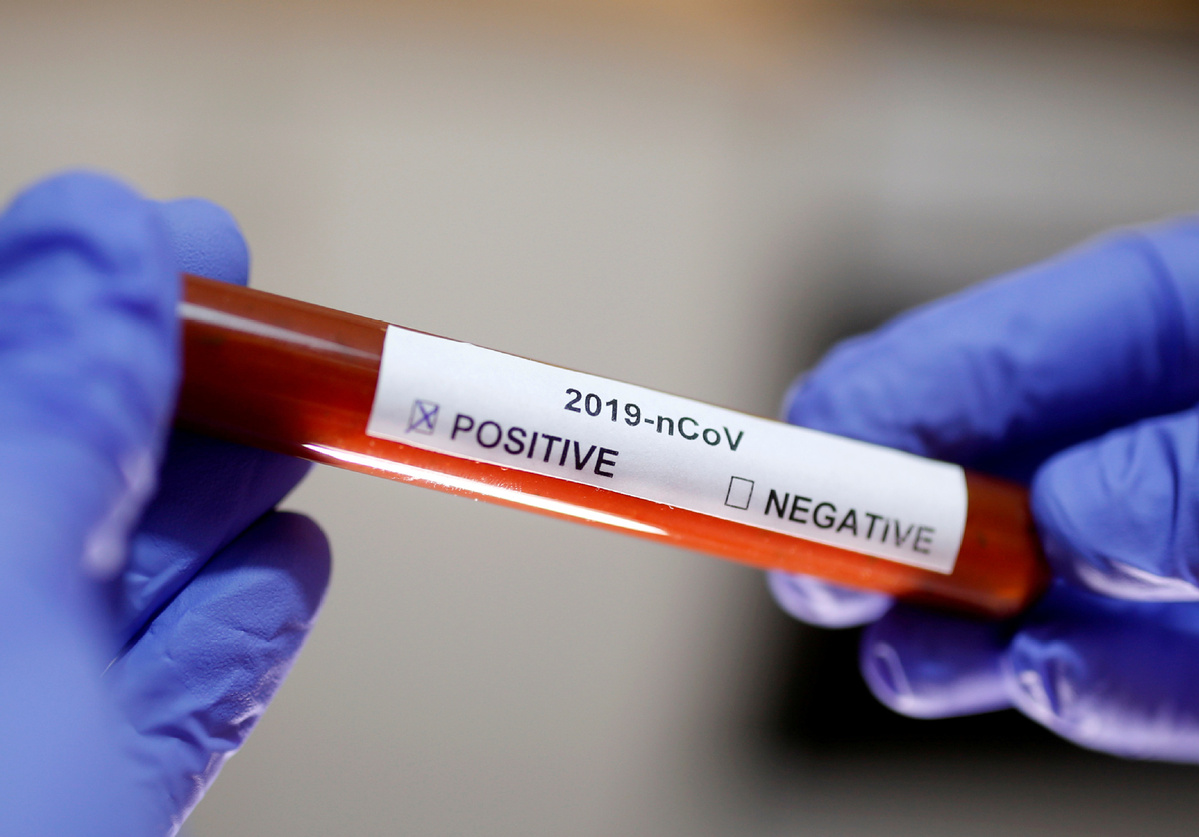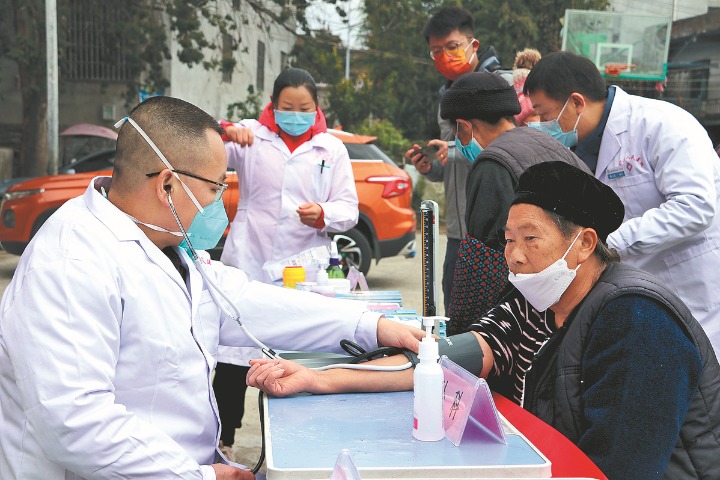5% to 15% cured COVID-19 cases will test positive again

Initial data show that between 5 and 15 percent of cured COVID-19 patients in China will test positive again, highlighting the necessity for cured patients to continue isolation after leaving hospitals to minimize the risk of viral transmission, a senior expert guiding treatment of the disease said on Thursday.
Under a program funded by the Ministry of Science and Technology, scientists are researching the phenomenon unique to patients of the novel coronavirus in an attempt to answer questions such as why cured patients test positive again and whether measures are needed for such patients, Wang Guiqiang said at a news conference.
Such patients account for a small percentage of all COVID-19 patients released from hospitals-in some areas of China, less than 1 percent-but they may still be infectious and need to be isolated for close medical observation, said Wang, head of Peking University First Hospital's infectious disease department and a member of an expert team organized by the National Health Commission for COVID-19 treatment.
As a measure to reduce risks of viral transmission by cured patients who test positive again during follow-up visits, all cured COVID-19 patients in China are required to continue to be isolated at home or designated places for another 14 days after leaving hospitals, according to a guideline released by the commission.
Hospital patients must be cured and test negative for the nucleic acid of the coronavirus twice in a row, with an interval of at least 24 hours between the tests, before they can be discharged, according to the guideline.
"Due to the presence of cases testing positive again after leaving hospital, all cured patients should strictly follow the 14-day quarantine measure to prevent potential risks of the virus spreading."
Most patients who have tested positive again are asymptomatic and need no treatment, he said.
Although it is uncertain why some cured COVID-19 patients test positive again, reasons may include that testing kits are not sensitive enough or that some of the virus is concealed deep in the lungs, resulting in inaccurate testing results for such patients before they are discharged, Wang said.
Another probability is that some patients, especially seniors and those with chronic diseases, have a weak immune system, which results in them testing positive again or remaining positive for the virus for a considerably long period, he said.
Please feel free to contact us by sending your questions to question@chinadaily.com.cn or commenting on China Daily app. We will ask experts to answer them.














